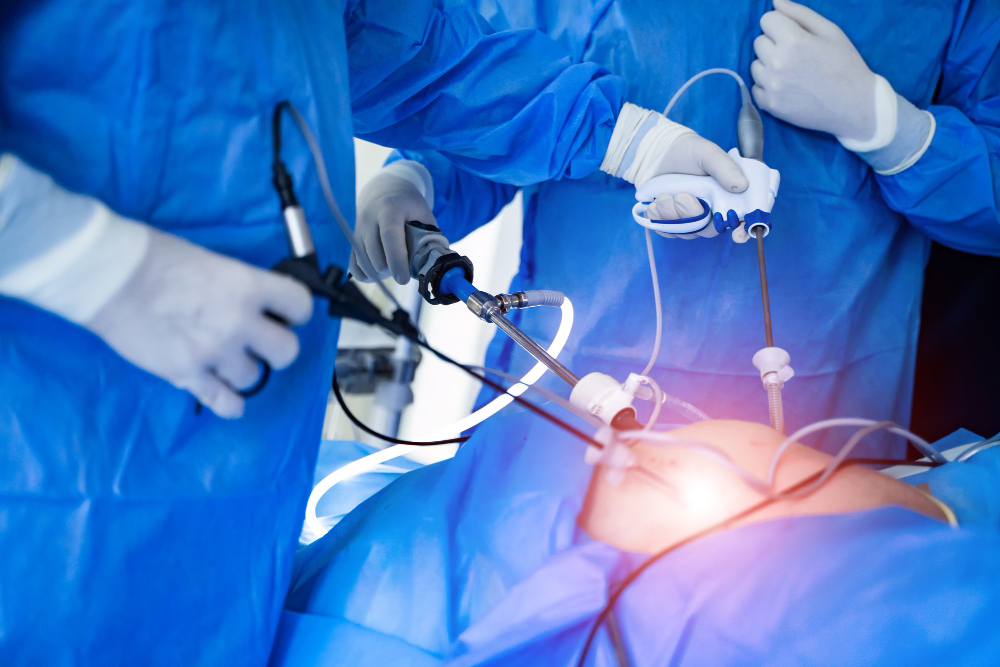1. You feel more tired than before, have less energy, or have problems concentrating. Decreased kidney function can lead to the accumulation of toxins and impurities in the blood. This can make people feel tired, weak and make it harder to concentrate. Another complication of kidney disease is anemia, which can cause weakness and fatigue.
2. You have trouble sleeping. When the kidneys do not filter properly, toxins remain in the blood instead of leaving the body through the urine. This can make it difficult to sleep. There is also a link between obesity and chronic kidney disease, and sleep apnea is more common in those with chronic kidney disease than in the general population.
3. You have dry skin and itching. Healthy kidneys do a lot of important things. They remove waste products and extra fluid from your body, help build red blood cells, help maintain bone strength, and work to maintain the right amount of minerals in the blood. Dry skin and itching can be a sign of mineral and bone disease that often accompanies advanced kidney disease when the kidneys are no longer able to maintain the right balance of minerals and nutrients in the blood.
4. Feel the need to urinate more often. If you feel the need to urinate more often, especially at night, it may be a sign of kidney disease. When the kidneys are damaged, it can increase the urge to urinate. Sometimes it can be a sign of urinary tract infection or an enlarged prostate in men.
5. You see blood in the urine. Healthy kidneys usually retain blood cells in the body when they filter waste from the blood to make urine, but when the kidneys are damaged, these blood cells can begin to “leak” into the urine. In addition to signaling kidney disease, blood in the urine may be a sign of tumors, kidney stones, or infection.
6. Sparkling urine. Excessive bladders in the urine indicate protein in the urine. This foam may look like the foam you see when you beat eggs, because the common protein found in urine, albumin, is the same protein found in eggs.
7. You have constant swelling around the eyes. Protein in the urine is an early sign that the kidneys are damaged, allowing the protein to leak into the urine. This swelling around the eyes may be due to the fact that your kidneys excrete a large amount of protein in the urine instead of keeping it in the body.
8. Your joints and feet are swollen. Decreased renal function can lead to sodium retention, causing swelling of the feet and ankles. Swelling of the lower extremities can also be a sign of heart disease, liver disease, and chronic leg vein problems.
9. You have a poor appetite. This is a very common symptom, but the accumulation of toxins due to decreased kidney function may be one of the causes.
10. Your muscles are cramping. Electrolyte imbalance may be the result of impaired renal function. For example, low levels of calcium and poorly controlled phosphorus can contribute to muscle cramps.





